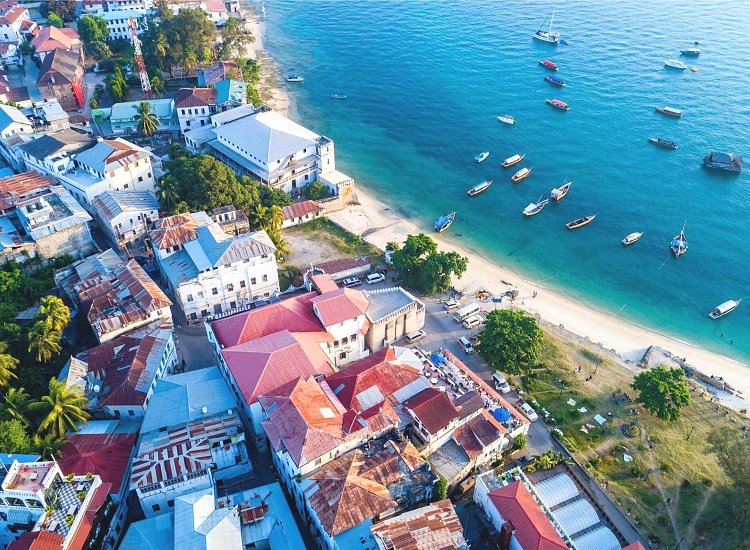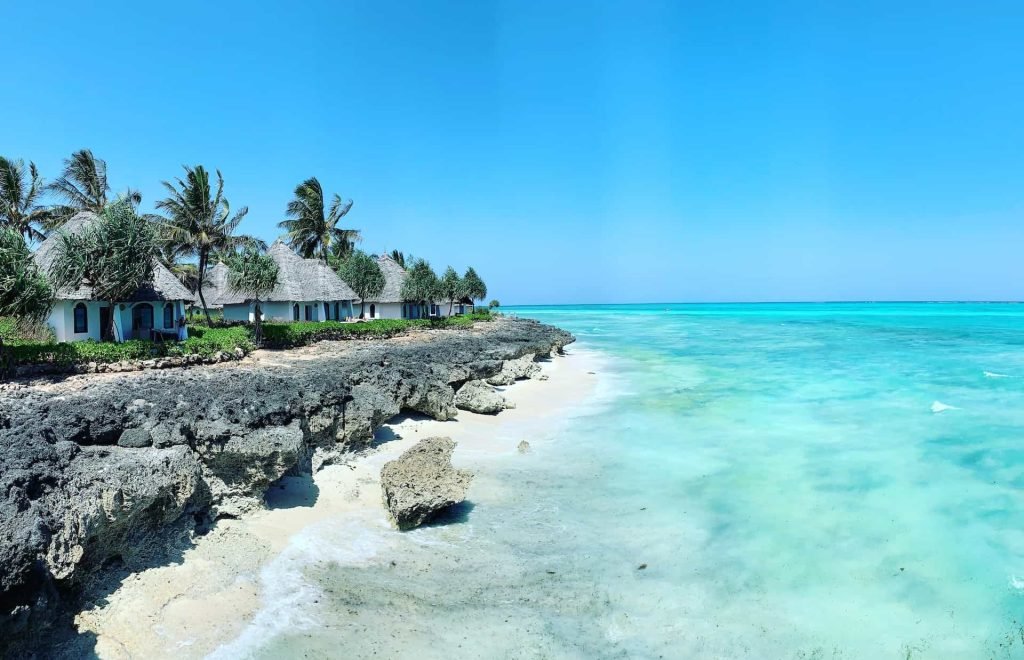When travelers first hear about Zanzibar — with its exotic beaches, spice farms, and rich culture — many assume it’s its own island nation. But is Zanzibar actually a country, or is it part of another nation? Let’s clear up the confusion.
Zanzibar at a Glance
Zanzibar is an archipelago off the coast of East Africa, consisting mainly of two large islands — Unguja (commonly called Zanzibar Island) and Pemba, along with several smaller islets. It is famous for its pristine beaches, historical Stone Town, and spice plantations that earned it the nickname “The Spice Island.”
So, Is Zanzibar a Country?
No — Zanzibar is not an independent country.
It is a semi-autonomous region of Tanzania.
How Zanzibar Became Part of Tanzania
The story goes back to 1964, when Zanzibar merged with Tanganyika (the mainland country). This union formed what we now know as the United Republic of Tanzania.
Despite being part of Tanzania, Zanzibar has its own government, president, and House of Representatives, giving it a high level of self-rule, especially in internal matters.
Zanzibar’s Special Autonomy
While Tanzania handles things like foreign affairs and defense, Zanzibar manages most of its internal policies, such as:
- Tourism
- Health services
- Education
- Local laws
This special arrangement makes Zanzibar unique — part of Tanzania, yet with its own identity.
Travel Perspective
For travelers, this means:
- You don’t need a separate visa to visit Zanzibar if you already have a Tanzanian visa.
- The currency is the Tanzanian shilling (TZS), though US dollars are widely accepted in hotels and tour companies.
- The culture blends African, Arab, and Indian influences, giving the island a distinct character different from mainland Tanzania.
Fun Fact
Zanzibar even has its own flag — three horizontal stripes of blue, black, and green, with the Tanzanian flag in the top left corner. This symbolizes both its individuality and its unity with Tanzania.
Final Answer
Zanzibar is not a country.
It is a semi-autonomous region of Tanzania, with its own local government and unique cultural identity. This special status allows it to preserve its heritage while benefiting from being part of the United Republic of Tanzania.
For visitors, Zanzibar offers the best of both worlds — the charm of a culturally rich island and the convenience of being linked to a larger, well-connected nation.





